International
William Ruto: From chicken hawker to Kenya’s president-elect
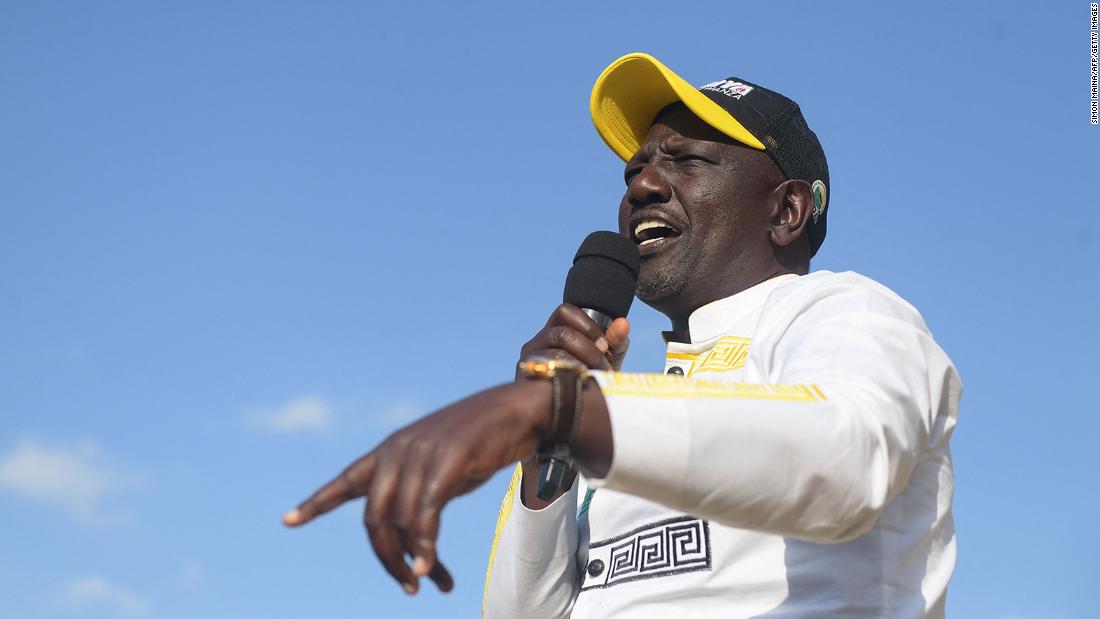
AFP
President-elect William Ruto is one of Kenya’s wealthiest men but has long portrayed himself as “hustler-in-chief” — the champion of the poor and downtrodden.
Defying corruption allegations going back years, the ambitious 55-year-old clawed his way to the centre of power by playing on his religious faith and humble beginnings selling chickens by the roadside.
His duel against former prime minister Raila Odinga in the August 9 elections was something that he painted in simple terms.
It was, he said, a battle between ordinary “hustlers” struggling to put food on the table and the elite Kenyatta and Odinga “dynasties” that had dominated Kenyan politics for decades.
“We want everyone to feel the wealth of this country. Not just a few at the top,” Ruto had said as he criss-crossed the country promoting his “bottom-up” economic plan.
The shadowy rags-to-riches businessman had effectively run as a challenger after a very public and acrimonious falling out with outgoing president Uhuru Kenyatta, who backed Odinga for the top job.
Despite a race dominated by mudslinging, Ruto on Monday struck a conciliatory tone after his win, vowing to work with “all leaders” after the outcome split the election commission and sparked fears of violence.
“There is no room for vengeance,” Ruto said, adding: “I am acutely aware that our country is at a stage where we need all hands on deck.”
– ‘Effective strategist’ –
Ruto had served as deputy president under Kenyatta since 2013, supporting him in two elections with a promise that he would have the backing of his boss in this year’s vote.
It was a political marriage of convenience forged in the aftermath of deadly post-poll violence in 2007-2008 that largely pitted the Kikuyu — Kenyatta’s tribe — against the Kalenjin, Ruto’s ethnic group.
Both men were hauled before the International Criminal Court (ICC), accused of stoking the ethnic unrest.
The cases were eventually dropped, with the prosecution complaining of a relentless campaign of witness intimidation.
But Ruto was left out in the cold after Kenyatta shook hands with longtime foe Odinga in a dramatic switch of political allegiance in 2018.
He bounced back with a campaign that was directed as much at Kenyatta as his rival at the ballot box, blaming the government for Kenya’s economic woes and even accusing the president of threatening him and his family.
“Ruto is seen by many people to be one of the most effective strategists in Kenyan politics,” Nic Cheeseman, a political scientist at the University of Birmingham in Britain, said before the poll.
– ‘Perfect storm’ –
Clad in the bright yellow of his United Democratic Alliance, whose symbol is the humble wheelbarrow, Ruto sought to reach out to those suffering most from the Covid-induced cost of living crisis that has been aggravated by the war in Ukraine.
Ruto “picked the perfect storm,” Kenyan political analyst Nerima Wako-Ojiwa said before the election.
Observers attribute Ruto’s aggressiveness to the fact he has had to struggle to get everything he has achieved in life from his lowly start in Kenya’s Rift Valley, the Kalenjin heartland.
“I sold chicken at a railway crossing near my home as a child… I paid (school) fees for my siblings,” he once said.
“God has been kind to me and through hard work and determination, I have something.”
His fortune is now said to run into many millions of dollars, with interests spanning hotels, real estate and insurance as well as a vast chicken farm.
A teetotal father of six who describes himself as a born-again Christian, Ruto seldom lets a speech go by without thanking or praising God or reciting from the Bible.
He first got a foot on the political ladder — and detractors claim, access to funds — in 1992. After completing studies in botany, he headed the YK’92 youth movement tasked with drumming up support for the autocratic then-president Daniel arap Moi, also a Kalenjin.
In 1997, when he tried to launch his parliamentary career by contesting a seat on his home turf of Eldoret North, Moi told him he was a disrespectful son of a pauper.
Undeterred, Ruto went on to clinch the seat, which he retained in subsequent elections.
His detractors say he siphoned money from the YK’92 project and used it to go into business, and allegations of corruption and land grabs still hang over him.
But he has long dismissed such claims, once telling local media: “I can account for every coin that I have.”
International
Merengue concert turns to mourning as Jet Set collapse claims 136 lives

Dominican rescue teams will end search and recovery operations on Wednesday, April 9, 2025, at the Jet Set nightclubin Santo Domingo, where the building collapsed during a live concert.
Authorities estimate that the final 20 bodies will be recovered from the rubble today, bringing the official death toll to 136. This includes 12 additional bodies found overnight in the disaster zone, adding to the previously confirmed 124 fatalities.
Outside the collapsed nightclub, desperate relatives of the missing continue to gather, clinging to hope for news. Many also visited nearby hospitals and morgues in search of their loved ones.
A list of confirmed victims has been posted on a tent set up near the site, where the bodies are being transferred for identification.
The tragedy occurred during a performance by renowned merengue singer Rubby Pérez, who was among the deceased.
Central America
Colombia to host fourth EU-CELAC Summit in November
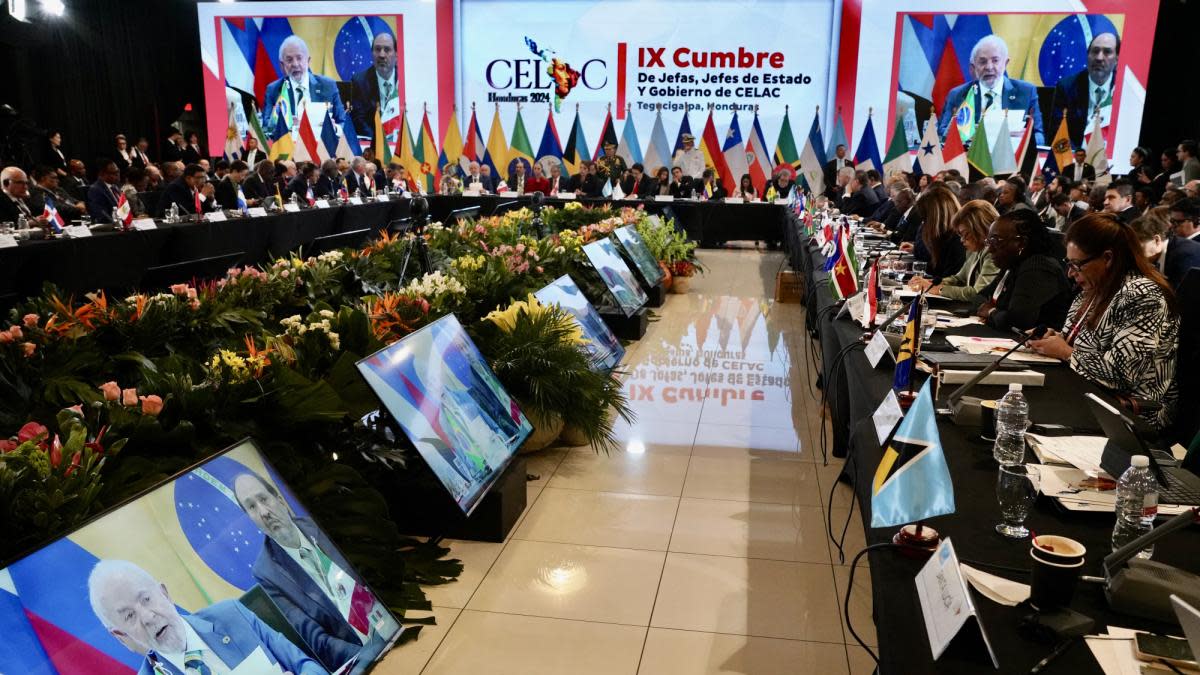
The Fourth Summit between the European Union (EU) and the Community of Latin American and Caribbean States (CELAC) will take place on November 9 and 10 in Santa Marta, Colombia, according to a joint statement released Wednesday by the Colombian government and the European Council.
The summit will be co-chaired by Colombian President Gustavo Petro, in his role as pro tempore president of CELAC, and European Council President António Costa, the statement added.
The last EU-CELAC summit took place in July 2023 in Brussels, when both blocs agreed to hold these meetings every two years.
The summit brings together the 27 EU member states and the 33 CELAC countries, representing 14% of the global population, 21% of global GDP, and one-third of the members of the United Nations, the communiqué noted.
International
Russia and US to Meet in Istanbul for Diplomatic Talks on April 10
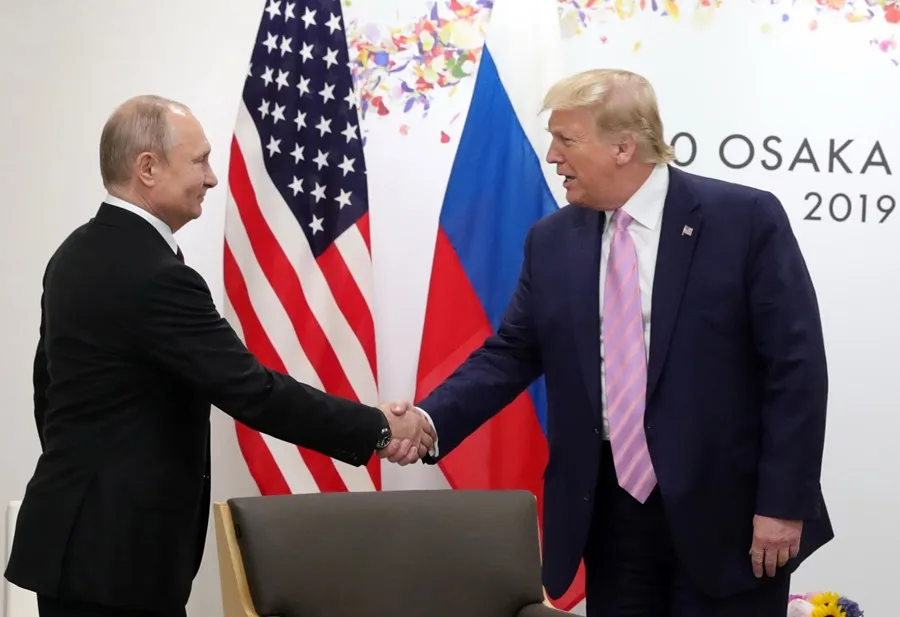
The Kremlin confirmed today a forthcoming meeting with the United States to discuss the normalization of diplomatic relations, which will take place in Istanbul.
“Our participation will be through the Ministry of Foreign Affairs,” said Dmitry Peskov, the presidential spokesperson, during his daily telephone press conference.
Peskov was responding to a question about who would represent Russia in the new round of negotiations, which is supposedly scheduled for April 10.
Subsequently, the Ministry of Foreign Affairs confirmed that the delegations will be led by the Russian ambassador to the U.S., Alexandr Darchiev, and the U.S. Deputy Secretary of State, Sonata Coulter.
These are the same negotiators who met in late February in Istanbul, where the expert-level negotiation format was the same, according to the source.
Russian Foreign Minister Sergei Lavrov had said a few days ago that the next meeting would be held in the Turkish city, though he did not confirm a date.
Lavrov, who participated in only one of these meetings, clarified that the upcoming discussions would address the issues still dividing Moscow and Washington diplomatically, referring to the operations of both countries’ embassies.
The Kremlin asserted that Washington has not yet responded to Russia’s security concerns, preventing a ceasefire declaration on land, sea, and air.
Meanwhile, Trump expressed discontent with Russia’s recent attacks, including one last week that killed 20 people in Krivi Rig, the hometown of Ukrainian President Volodymyr Zelensky.
So far, Russia has rejected a cessation of hostilities and only declared a 30-day ceasefire on March 18 against attacks on energy infrastructure, which was extended by Kyiv a week later.
-

 Internacionales4 days ago
Internacionales4 days agoErik Prince Backs Ecuador’s Daniel Noboa in Fight Against Crime and “Narcoterrorism”
-

 Central America4 days ago
Central America4 days agoGuatemala’s Legal Chief Shot Dead in Parking Lot: Investigation Underway
-

 Central America2 days ago
Central America2 days agoHonduras Hosts CELAC Summit Amid Regional Concern Over U.S. Deportations
-

 Central America2 days ago
Central America2 days agoMulino and Orsi Highlight Shared Vision After Panama Joins Mercosur as Associate State
-

 International2 days ago
International2 days agoTeachers in Southern Mexico Bring Education to Stranded Migrant Children
-

 International1 day ago
International1 day agoRussia and US to Meet in Istanbul for Diplomatic Talks on April 10
-

 Central America2 days ago
Central America2 days agoTrump Administration Asks Supreme Court to Block Return of Deported Salvadoran
-

 Central America1 day ago
Central America1 day agoAudit Exposes Major Breaches in Panama Canal Port Concession, $300 Million Owed to State
-

 International1 day ago
International1 day agoScience Brings Back the Extinct Direwolf with Successful De-Extinction Project
-

 International1 day ago
International1 day agoMaduro Announces Economic Emergency Decree Amid Growing Tensions with the U.S.
-

 Sports1 day ago
Sports1 day agoNeymar Returns to Santos Training After Month-Long Injury Layoff
-

 International1 day ago
International1 day agoTransgender Student Arrested at Florida Capitol for Using Women’s Restroom Under New State Law
-
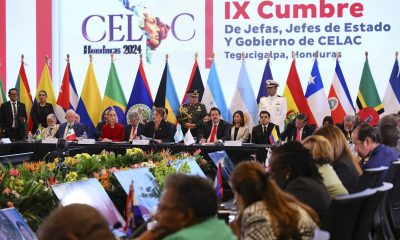
 Central America2 hours ago
Central America2 hours agoCELAC condemns unilateral sanctions in ‘Tegucigalpa Declaration’
-
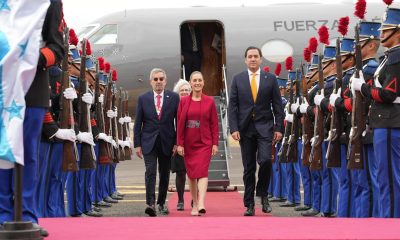
 Central America2 hours ago
Central America2 hours agoMexico’s president proposes regional economic summit at CELAC
-
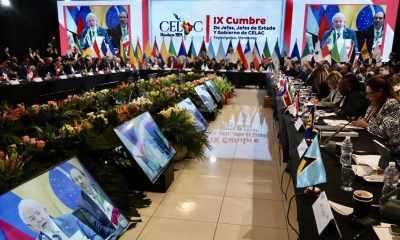
 Central America2 hours ago
Central America2 hours agoColombia to host fourth EU-CELAC Summit in November
-

 International2 hours ago
International2 hours agoMerengue concert turns to mourning as Jet Set collapse claims 136 lives

















